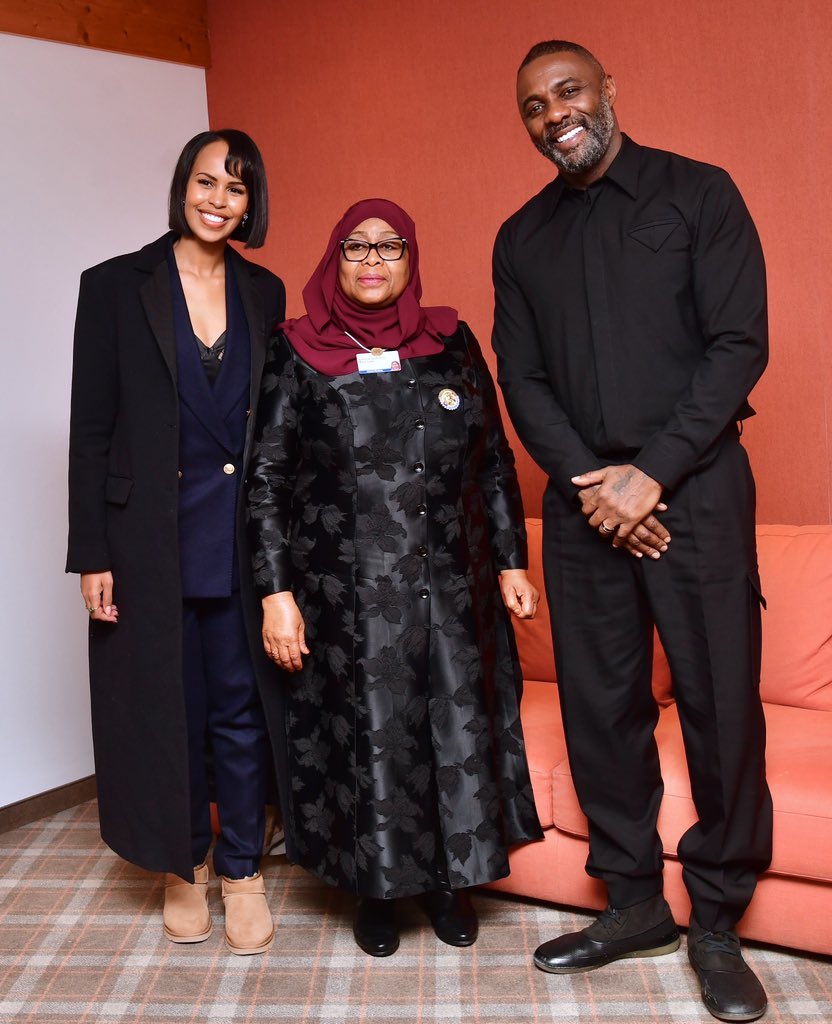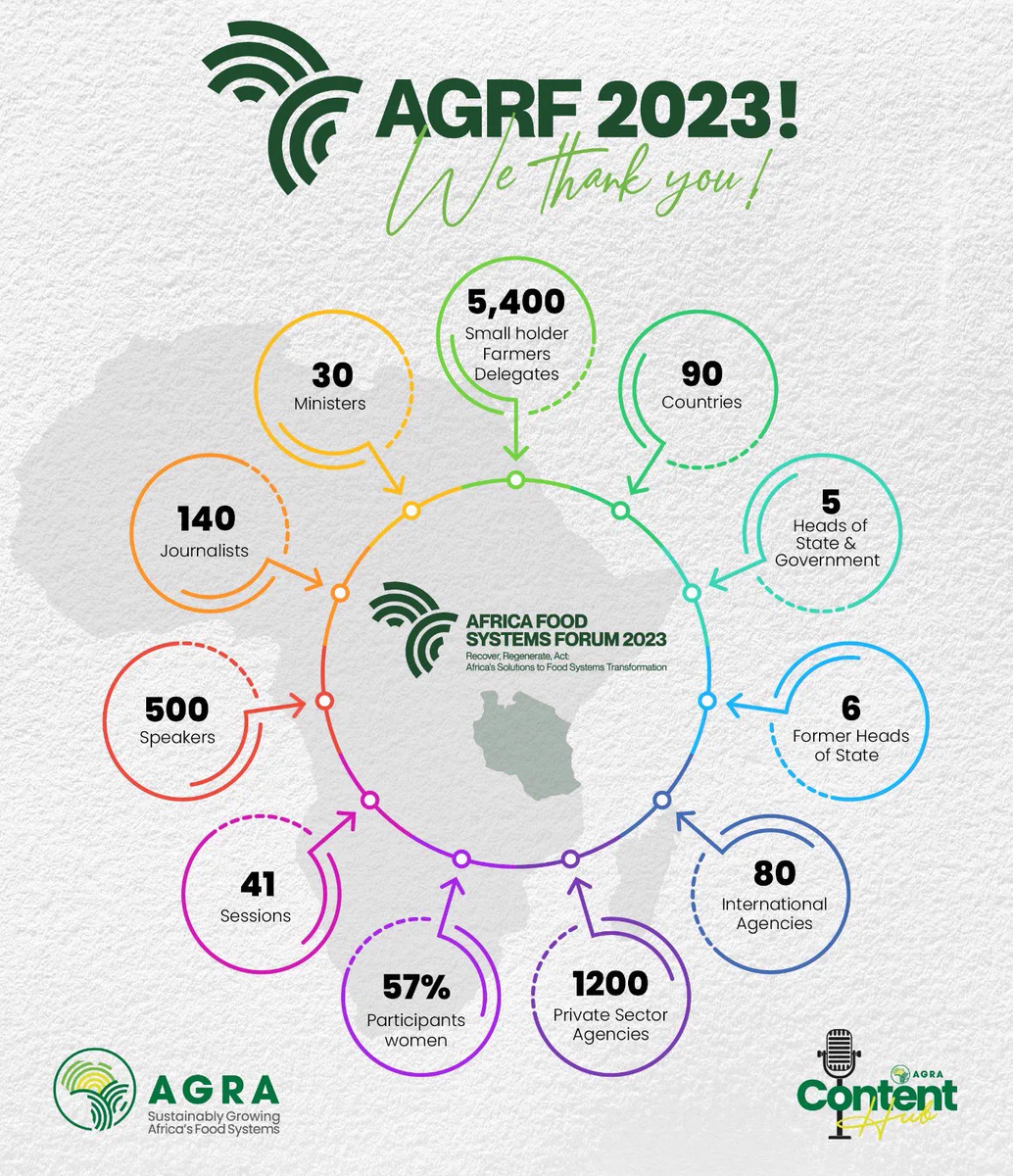Empowering Women and Youth: The Game Changers in Sub-Saharan Food Trade
In a bold statement at the Conference on African Agriculture (CAADP19), Daniel Njiwa, Head of Regional Food Trade at AGRA, underscored the crucial role of women and youth in the agricultural sector of Sub-Saharan Africa. Representing the region’s backbone in food trade, these groups were recognized for their substantial yet often overlooked contributions.
“Women and youth are not just participants; they are central pillars in our food systems, driving over 80% of food traded across the Sub-Saharan region,” Njiwa proclaimed. Despite their pivotal role, many are entangled in informal cross-border trade, which presents numerous challenges, including limited access to markets, finance, and technology.
AGRA’s vision for a sustainable growth in Africa’s food systems pivots on inclusivity. According to Njiwa, providing women and youth with the necessary tools is not a matter of charity but economic sense. “When we empower these groups with better access to markets, financial services, and trade facilitation, we unlock a tremendous potential for growth, stability, and prosperity,” he emphasized.
The call to action is clear. Njiwa’s insights into the importance of integrating these demographic groups more effectively into formal trade echo AGRA’s commitment to sustainable development. By harnessing their potential, the aim is to shift informal traders into formal markets, ensuring fair trade practices, stability in food prices, and improved livelihoods for the vast number of families relying on agriculture for survival.
As governments, NGOs, and private sector stakeholders ponder on Njiwa’s message, the hope is that a unified approach will emerge. This approach would not only encompass policy changes but also practical measures like agricultural training, financial literacy programs, and investment in agri-tech solutions tailored to the needs of women and youth.
The drive towards more inclusive trade and market systems as advocated by Njiwa may very well redefine the future of food systems in Sub-Saharan Africa. It is a future where sustainability and growth go hand in hand, and where every player, regardless of gender or age, has a fair chance at contributing to and benefiting from the agricultural wealth of the continent.



